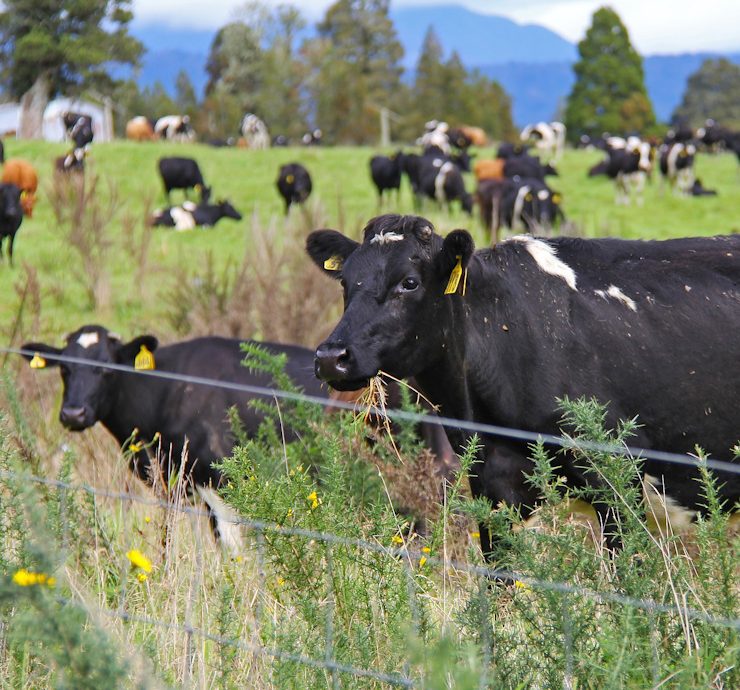The Issue:
The world is warming. Since the Industrial Revolution the world’s temperature has increased by 1.1°C. Already we are experiencing the effects: more, and more extreme, droughts and floods; sea level rise; retreating snow and ice packs; changing crop viability.
The problem is over-production of three greenhouse gases: carbon dioxide, nitrous oxide, and methane. In 2020, methane accounted for 43.5% of Aotearoa New Zealand’s total greenhouse gases, and almost 90% of that came from agriculture. (MFAT – Aotearoa New Zealand’s Methane Emissions Reduction Action Plan). Reducing methane will help to rapidly mitigate short- to mid-term climate change.
New Zealand has committed to reducing biogenic (from agriculture and waste) methane by 10% below 2017 levels by 2030, and by 24% to 27% by 2050.

What we’re doing
Measuring sea ice
Polar sea ice acts as a giant solar reflector, reflecting sunlight back into space. But as the world warms, sea ice melts, and more heat is absorbed into the ocean. That in turn changes sea currents, which leads to more climate change.
Lincoln Agritech Research Scientist Adrian Tan is one of two Principal Investigators on a research project to measure the largest stretches of Antarctic sea ice in history and shed light on its role in a warming climate.
Methane mitigation
Lincoln Agritech’s GreenTech team is applying a novel engineering approach to reducing and/or mitigating greenhouse gas at a global scale using a highly selective process. This project is investigating low-energy (and low-cost) electrochemical solutions to remove or reduce the methane produced by ruminant animals.


